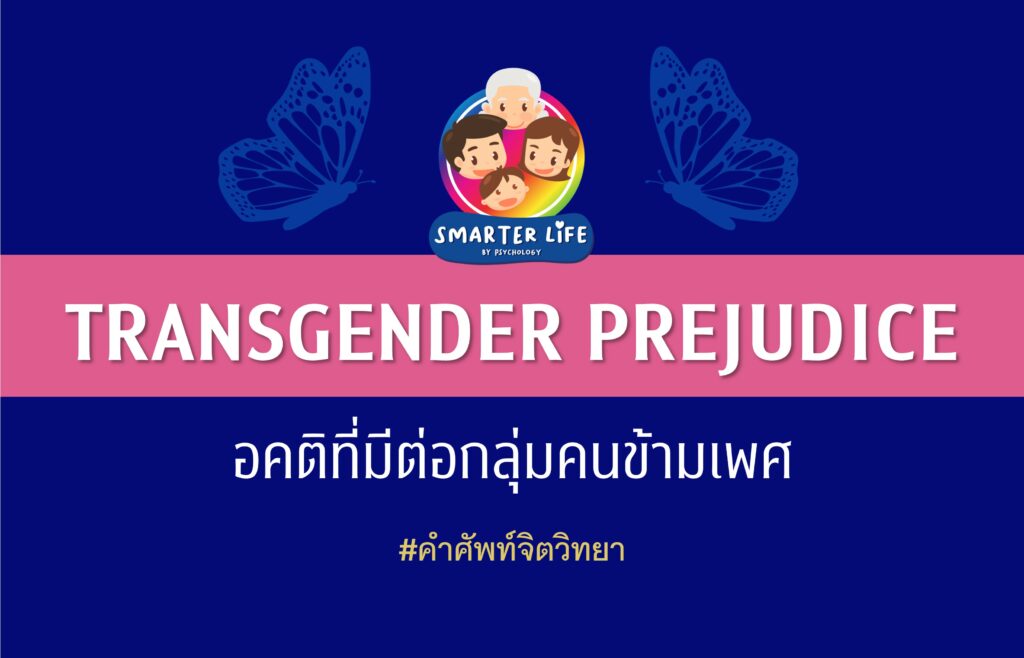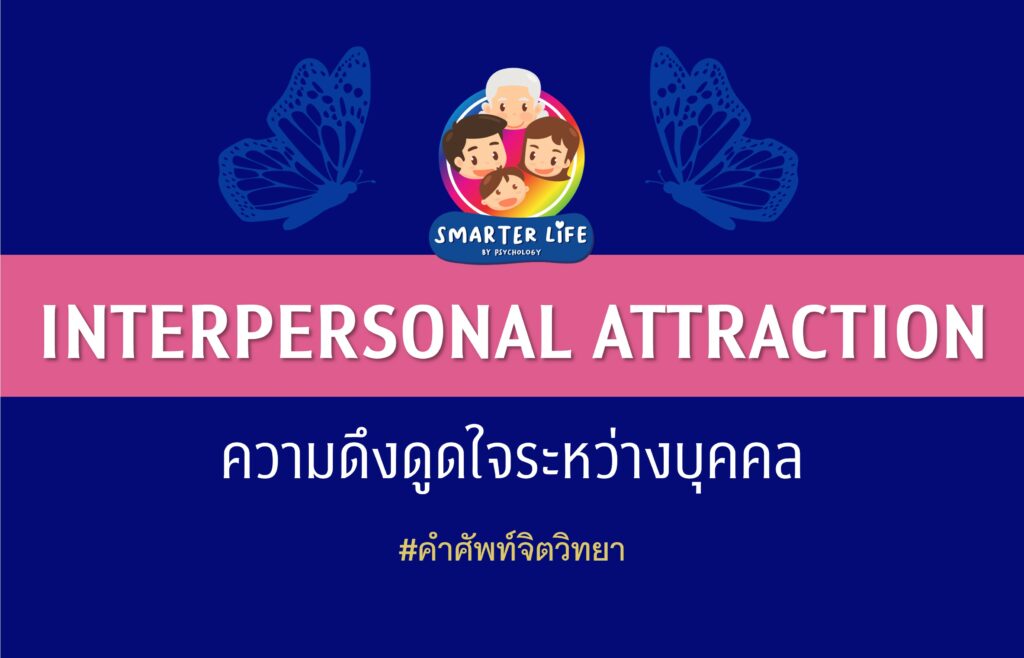Why ‘Freudian slips’ are probably not what you think they are
หากเผลอพูดผิด แปลว่ากำลังเผยความต้องการหรือความรู้สึกจากจิตใต้สำนึกหรือเปล่า?
In a speech on education broadcasted on national television in 1991, US Senator Ted Kennedy said that “Our national interest ought to be to encourage the breast and brightest”, while cupping his hand in the air. He quickly corrected himself and said: “the best and brightest”.
During his 1988 presidential campaign, US President George H.W. Bush described serving as Ronald Reagan’s vice president in this way: “For seven and a half years, I’ve worked alongside President Reagan. We’ve had triumphs. Made some mistakes. We’ve had some sex… uh… setbacks.”
When responding to a question about tax cuts for the wealthy in 2012, UK Prime Minister David Cameron said that “We are raising more money for the rich”, when presumably he meant to say “the poor”.
These are some of the more famous examples of speech errors, or what are sometimes referred to as ‘Freudian slips’, named after the psychoanalyst Sigmund Freud who attributed significant meaning to speech errors. Freud believed that such errors were not mere incidents or innocent blunders in speaking. According to Freud, speech errors reveal the speaker’s repressed, unconscious urges and intentions, such as those about sex, lust, and swearing. For example, calling your current partner by your ex’s name might indicate an unconscious desire for your previous partner. Kennedy might have accidentally let his hidden sexual desires and obsessions become revealed on national television when he said “breast” instead of “best”. President Bush might have harbored some repressed feelings about Reagan, such as an unconscious association of Reagan with sex, that caused him to say “sex(backs)” instead of “setbacks” when talking about him. PM Cameron might have held an unconscious, wicked intention to make the rich get richer and the poor get poorer when he said “rich” instead of “poor”.
It has proven difficult to empirically test the psychoanalytic hypothesis that speech errors reveal repressed, unconscious intentions. Even Freud himself acknowledged alternative albeit more mundane explanations for speech errors, such as strong associations, fatigue, and distraction, though he largely dismissed those factors in favor of his psychodynamic explanation: “we do not maintain that every single mistake has a meaning, although I think that is very probable” (Freud, 1922, pg. 22).
In the decades that followed, research from cognitive psychology has shown that speech errors reveal a lot about how the brain processes language for speaking, serving as an alternative explanation for ‘Freudian slips’. Speaking is a complex cognitive task that requires the brain to translate thoughts into spoken words through a series of processing steps, with many opportunities for systematic mix-ups (Dell, 1988). To speak, your brain must put together the components of language (word sounds, words, grammar) on the spot. You first need to access words from a network of words (the semantic network) in your brain, which are organized by similarity in sound and meaning. Then, you need to select and arrange the words’ sounds, which can occasionally lead to some sounds being unintentionally swapped, added, or deleted. The sound and meaning of the current word being planned may be corrupted due to influence from the sound and meaning of adjacent words, reflecting a slip-up in the unfolding mental plan for speaking. Consistent with this view, comprehensive analyses of speech errors from real-world data have revealed that speech errors tend to follow predictable patterns (Dell & Reich, 1981) that highlight systematic relationships between the speech error(s) and the intended word(s), as shown in the Table below.
Example patterns of speech errors

The patterns of speech errors in the Table above show how thoughts, words, and sounds can cross and create a mistake in the sounds that we end up saying. In the process of speaking, we also mentally edit our words before we speak, monitoring ourselves to avoid mistakes and inappropriate language (Levelt, 1983). This usually works well but occasionally it fails, and a mistake slips out before the brain was able to catch it. So sometimes, we ask for a red pen when we actually meant a blue one. We say ‘final’ exam but meant ‘midterm’. We call our child by their sibling’s name. Situational context also matters. We are more prone to producing speech errors if we are nervous, tired, intoxicated, multi-tasking, or speaking too fast. Under these conditions, it becomes more cognitively demanding to monitor our inner speech and catch speech errors before we say them.
Given the cognitive demands of speaking, speech errors are fairly common and may often be innocent, rather than revealing repressed desires. When Ted Kennedy said “breast and brightest”, the ‘r’ sound from ‘brightest’ might have inadvertently appeared too early in the sentence and got inserted into ‘best’, corresponding to the “Anticipation” pattern of speech error. Similarly, in President Bush’s “sexbacks”, the ‘x’ sound at the end of the word ‘setbacks’ may have turned ‘set’ into ‘sex’. PM Cameron might have said ‘rich’ instead of ‘poor’ due to their strong association in meaning, while attempting to retrieve the intended word from the brain’s massive network storage of words. Such speech errors likely reflect minor errors of unconscious language processing, though perhaps not necessarily the psychoanalytic interpretation of the ‘unconscious’ but rather a part of the typical mental processes that regularly occur outside of our conscious awareness.
There is no single explanation – whether the psychoanalytic perspective or the cognitive psychology perspective – that can be touted as the absolute truth in explaining every single case of speech error. Psychological science, like any other science, is an ongoing process of explaining human behaviors by taking in evidence and trying to make sense of it. Science is therefore an art of converging on “less wrong” interpretations, not about “being right”. Parsimonious explanations tend to be favored, since they can account for the data by requiring fewer assumptions than their counterparts.
So how much should we read into people’s speech errors? Comprehensive analyses of spontaneous speech errors suggest that genuinely ‘Freudian’ slips – errors that reveal unexpressed thoughts – likely do happen, but not nearly as prevalently as Freud may have believed. Freud’s explanation is also not the most parsimonious explanation for why speech errors occur, since it’s easy to cause speech errors due to the routine linguistic processes involved in how the brain arranges words and sounds for speaking. Most speech errors therefore probably reflect the innocent process of the cognitive system involved in speaking, rather than revealing the speaker’s secret desires.
References
Dell, G. S. (1988). The retrieval of phonological forms in production: Tests of predictions from a connectionist model. Journal of Memory and Language, 27(2), 124-142.
Dell, G. S., & Reich, P. A. (1981). Stages in sentence production: An analysis of speech error data. Journal of Verbal Learning and Verbal Behavior, 20(6), 611-629.
Freud, S. (1922). Introductory lectures on psycho-analysis. London: George Allen & Unwin.
Levelt, W. J. (1983). Monitoring and self-repair in speech. Cognition, 14(1), 41-104.
Pincott, J. E. (2012, March 13). Slips of the tongue. Psychology Today. https://www.psychologytoday.com/us/articles/201203/slips-the-tongue
Reason, J. (2000). The Freudian slip revisited. The Psychologist, 13(12), 610-611. https://www.bps.org.uk/psychologist/freudian-slips-revisited
Author
Lecturer Suphasiree Chantavarin, Ph.D.
Head of Cognitive Psychology Area




